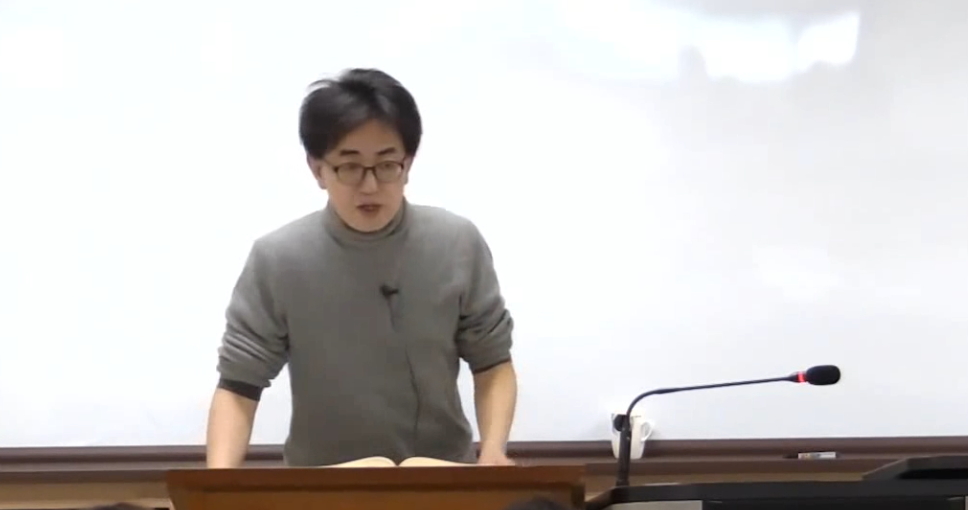According to the Korean Criminal Act and Public Official Election Act, the Internet Defamation as Slander could be punished. Thus, a person who defames the national flag or the national emblem should be punished. Also any person who slanders a candida...
http://chineseinput.net/에서 pinyin(병음)방식으로 중국어를 변환할 수 있습니다.
변환된 중국어를 복사하여 사용하시면 됩니다.
- 中文 을 입력하시려면 zhongwen을 입력하시고 space를누르시면됩니다.
- 北京 을 입력하시려면 beijing을 입력하시고 space를 누르시면 됩니다.

논 문 : 인터넷 비방 행위의 보편주의(Ubiquitatstheorie) 적용론 -형법상 비방 요건과 관련하여- = A Study on the Principle of Ubiquity in Internet Defamation as Slander
한글로보기https://www.riss.kr/link?id=A101741733
- 저자
- 발행기관
- 학술지명
- 권호사항
-
발행연도
2015
-
작성언어
-
- 주제어
-
KDC
300
-
등재정보
KCI등재
-
자료형태
학술저널
- 발행기관 URL
-
수록면
197-229(33쪽)
- DOI식별코드
- 제공처
-
0
상세조회 -
0
다운로드
부가정보
다국어 초록 (Multilingual Abstract)
According to the Korean Criminal Act and Public Official Election Act, the Internet Defamation as Slander could be punished. Thus, a person who defames the national flag or the national emblem should be punished. Also any person who slanders a candidate (including pre-candidate), his spouse, lineal ascendants or descendants, siblings by pointing out any fact openly should be punished. In most civil law jurisdictions, defamation might be treated as a crime. Even in some common law countries and several american states there are criminal libel laws. Moreover in the chinese criminal act, internet defamation as slander is directly regulated as a crime. The phenomenon of internet crimes is somewhat specipic, it occurs all the same time and appears at every places in the world. It is ubiquitous. The so-called principle of ubiquity is more prevalent than any other theories in applicating criminal law against the distance crime. Nowadays there are two different opinions as to whether the principle should be restricted or extended. The former seems to be reasonable in retrospective of the german criminal law theory, though, it could not be accepted according to the Korean Criminal Act. Therefore it``s proper for the principle to be less restrictively applicated. The grounds are as follows: Firstly, the Korean Criminal Act is different from the german one. Secondly, the national sovereignty and protectionism must be thoroughly acknowledged on the viewpoint of jurisdictional principles following after the article 2 of the Korean Criminal Act. Thirdly, in de lege lata the opinion for restriction against the principle of ubiquity is not proper, because we must abide by the article 2 of the korean criminal code which does not obviously regulate the principle of ubiquity. The strong opinion for restriction against the principle might be resulted in negating the principle of ubiquity.
동일학술지(권/호) 다른 논문
-
- 한국경찰법학회
- 김태명(Kim, Taemyeong)
- 2015
- KCI등재
-
- 한국경찰법학회
- 문성도(Mun, Seongdo)
- 2015
- KCI등재
-
- 한국경찰법학회
- 황순평(Hwang, Soon-Pyong)
- 2015
- KCI등재
-
- 한국경찰법학회
- 장성원(Jang, Seong-Won)
- 2015
- KCI등재




 KISS
KISS






